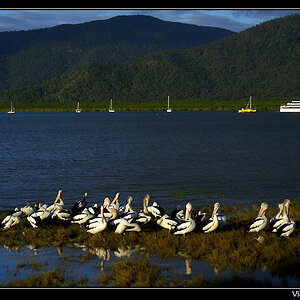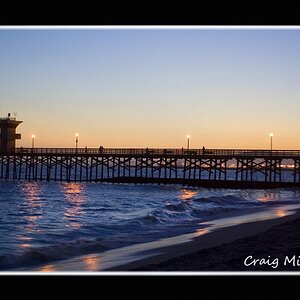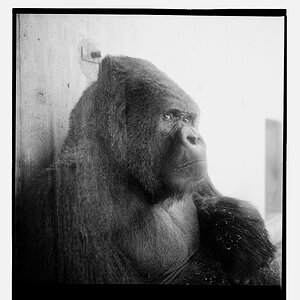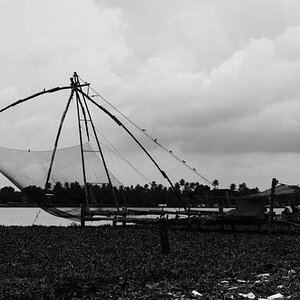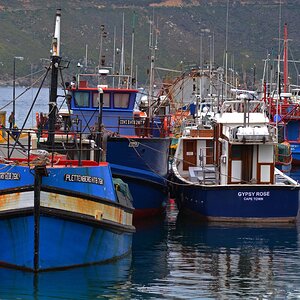chuasam
Been spending a lot of time on here!
- Joined
- Feb 9, 2012
- Messages
- 3,588
- Reaction score
- 928
- Can others edit my Photos
- Photos NOT OK to edit
Use all the lenses----but typically with no autofocusing. Meaning fewer keepers on action shots, or moving subjects. "System native lenses" are what beginners will shoot best with. Using adapted lenses is often a sacrifice or a compromise.
I’m not a beginner and I still avoid adapting lenses.


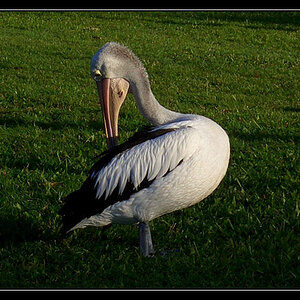

![[No title]](/data/xfmg/thumbnail/37/37490-9848752f4de5e403f7f20db193e0fb64.jpg?1619738111)
